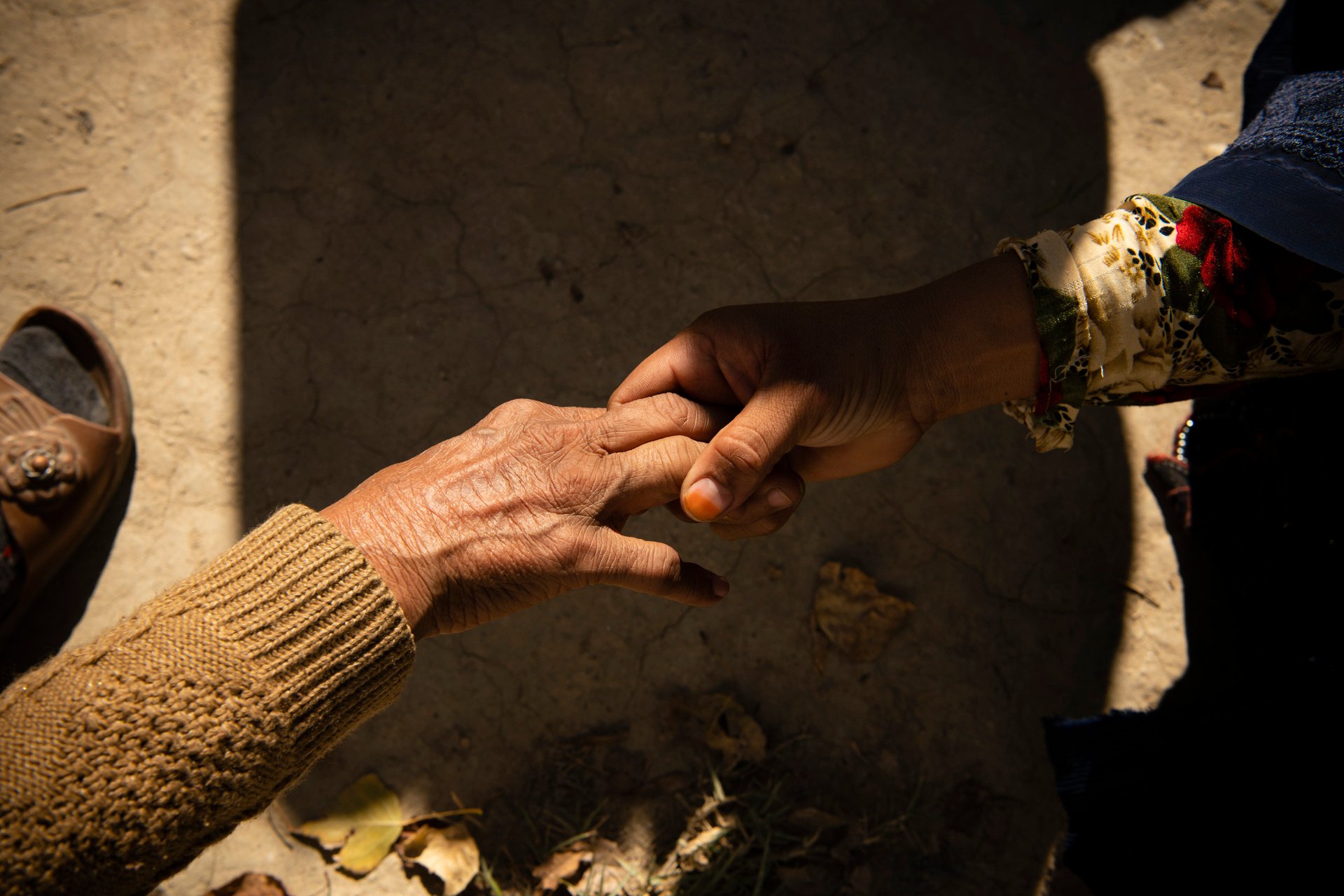ผู้อำนวยการใหญ่ของ WHO หารือเกี่ยวกับลำดับความสำคัญของการดูแลสุขภาพแบบดั้งเดิม เสริมและบูรณาการกับภาคประชาสังคม
Civil society organizations highlight the essential role of traditional, complementary and integrative health in addressing global health challenges, and opportunities for its integration into health systems
WHO Director-General, Dr Tedros Adhanom Ghebreyesus and a group of WHO senior officials met with representatives of civil society on 3 July, to discuss their priorities on traditional, complementary and integrative medicine, in the lead up to the WHO Traditional Medicine Global Summit on 17 and 18 August 2023 in Gandhinagar, Gujarat, India.
The virtual dialogue was coordinated by the People’s Declaration for Traditional, Complementary and Integrative Healthcare, a worldwide civil society coalition of users and practitioners of traditional, complementary and integrative healthcare. Representatives of more than 300 civil society organisations (CSOs) and over 600 people were in attendance, bringing the full force of the knowledge and expertise on traditional, complementary and integrative health (TCIH) to the forefront.
In his opening remarks, Dr Tedros said: “Traditional, complementary, and integrative health is rooted in the knowledge and resources of communities. For millions of people around the world, it is their first stop for health and well-being, and an integral part of their health system. It is for precisely these reasons that dialogues with civil society organizations are so important to WHO, as we shape our guidance and policy recommendations for countries.”
WHO has started the development of the new traditional medicine strategy 2025-2034 as requested by its Member States at the World Health Assembly in May 2023, during which they have also extended WHO traditional medicine strategy: 2014-2023 for another two years, until 2025. Suggestions and proposals from the civil society will contribute to this important task, and will also inform the work of the WHO Global Centre for Traditional Medicine to harness the potential of traditional medicine from across the world to improve the health of people and the planet. Furthermore, the dialogue will contribute to WHO work on traditional, complementary and integrative medicine (TCIM), which seeks to respond to requests from countries for evidence and data to inform policies and practice, global standards and regulation to ensure safety, quality, equitable access and use, and support for scientific, innovation and technological advances in traditional medicine practices.
In the dialogue, CSOs stressed that traditional and complementary systems offer a holistic understanding of the human being and its interconnectedness with the world, and as such, can contribute to a positive vision of health that integrates the physical, the mental, the spiritual, and a social well-being. Recalling the Declaration of Astana and its specific references to the role of traditional knowledge in strengthening primary health care and improving health outcomes, CSOs stressed that the key questions is how to integrate and harness TCIH in a way that makes health services more health promoting and more in balance with the health of our planet.
Patients are demanding real choice in health care with the diversity of approaches that reflect and respect the individual, their culture and their beliefs and that are fully integrated into health care. When the health care services match the desire and choice of patients, this results in better health outcomes and greater satisfaction by patients. CSOs pointed to insufficient integration of TCIH into policy, especially in providing universal health coverage, citing the example of millions of TCIH practitioners and providers in the world, who often make health care accessible and affordable to many people.
| TEST | TEST |
|---|---|
| TESTTESTTESTTEST | TESTTESTTESTTESTTEST |


